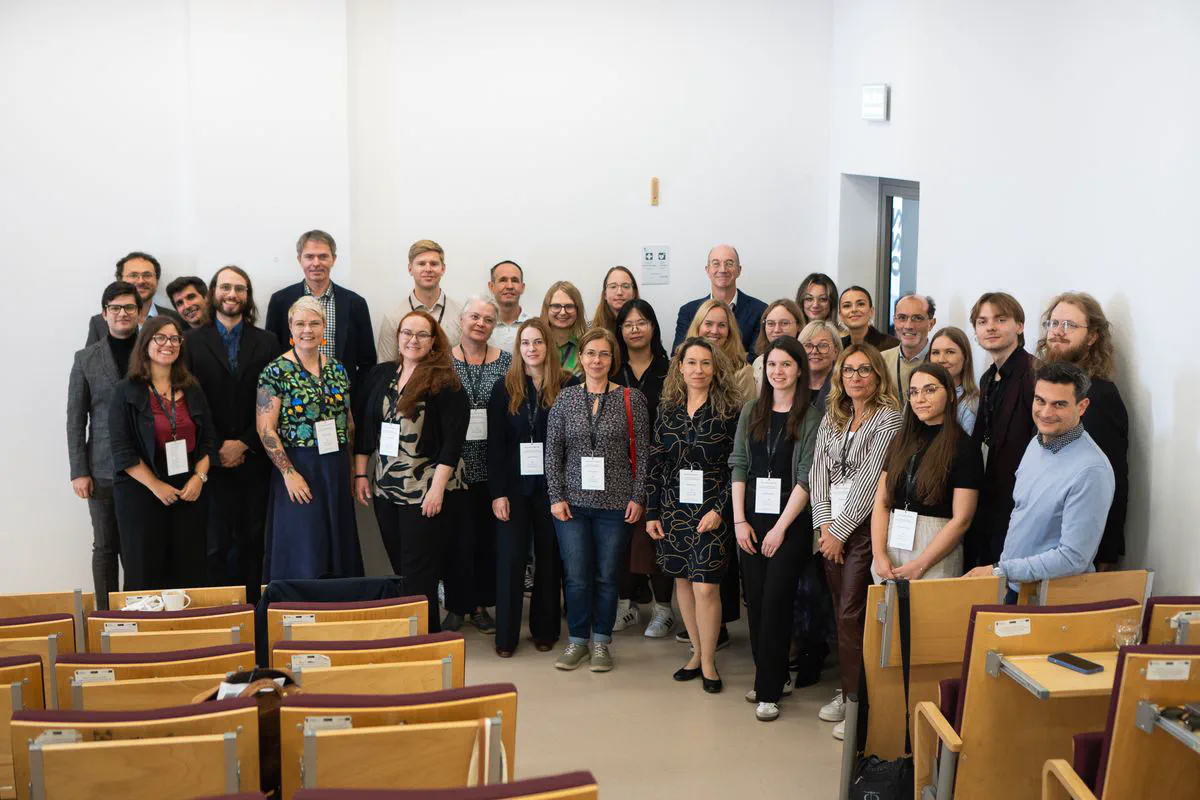Presenting at the First EAWOP Small Group Meeting on Workaholism Research in Gdańsk

A Milestone in My PhD Journey
In September 2025, I had the privilege of presenting my research at the EAWOP Small Group Meeting (SGM) “Advancing Workaholism Research: Setting the Stage for Organizational Prevention”, held at the University of Gdańsk. This was my second international conference presentation, and the first ever meeting dedicated solely to workaholism research.
Setting the Scene
The meeting was hosted at the Faculty of Languages, bringing together leading scholars in work and organisational psychology. From Arnold Bakker’s keynote on “The Workaholism Paradox” to sessions on leadership, job insecurity, and cross-cultural studies, the program highlighted the complexity and relevance of workaholism today.
What set this event apart was its forward-looking mission: to produce a policy document and potentially a special journal issue, underscoring workaholism as a genuine organisational and societal problem requiring intervention.
My Presentation
I was honored to be the first presenter on Day 2, sharing my project:
“The measurement of work addiction: The International Work Addiction Scale (IWAS-7) versus the Bergen Work Addiction Scale (BWAS) in a nationally representative sample.”
As a PhD student, presenting to such an expert audience was both nerve-wracking and inspiring. The feedback I received not only helped refine my methodological approach but also encouraged me to think about how robust measurement tools can support prevention strategies and inform future policies.
Learning From the Community
The SGM offered a unique opportunity to learn from others in the field. Highlights included:
- Research on the role of leadership styles and organisational culture in shaping workaholism,
- Longitudinal studies on the interplay between workaholism, job insecurity, and burnout,
- Cross-cultural insights on how work addiction manifests globally.
These discussions broadened my perspective and emphasised the importance of addressing workaholism not just at the individual level but as an organisational and societal challenge.
Reflections and Takeaways
For me, this was more than just a conference. It was a chance to be part of a pioneering effort to shape the future of workaholism research and its practical implications.
I left Gdańsk feeling grateful for the opportunity to share my work, inspired by the quality of discussions, and motivated to contribute to this growing field. Most importantly, I saw how my research fits into the larger picture of organisational prevention, policy, and well-being.
Looking Ahead
I look forward to building on the feedback and connections from this meeting, and to continuing my PhD journey with renewed energy.
✨ This meeting was a reminder that workaholism is not just an academic topic: it’s a pressing issue that demands evidence-based solutions and proactive organisational strategies.
Further Resources
- EAWOP Small Group Meetings
- International Work Addiction Scale: development and validation
- Global Research on Work Addiction
- Arnold Bakker – “The Workaholism Paradox” keynote speaker profile
Follow me on LinkedIn for updates on my PhD journey and reflections from conferences and research.